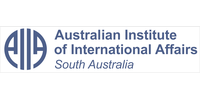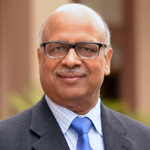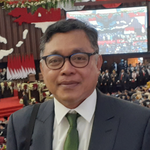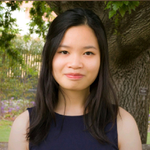Event Details
Western reactions to the February 2022 Russian invasion of Ukraine have generally been very supportive of Ukraine and highly critical of Russia. But are these reactions taken as standard everywhere else?
For the rest of the world, things have not been so straightforward. The three largest powers by population in Asia, namely India, China, and Indonesia, as well as the economic superpower of Japan, all have had markedly different responses, even from each other.
Is the support for Ukraine in the Anglosphere reflected across Asia? What are the responses and what is driving them? This panel explores the reasons for the Indo-Pacific's division around Russia, Indonesia's attempts at mediation, India's seeming neutrality and the consequent implications for Japan.
This is a hybrid event (in-person and online). The Zoom link will be emailed to ticket holders on the day.










